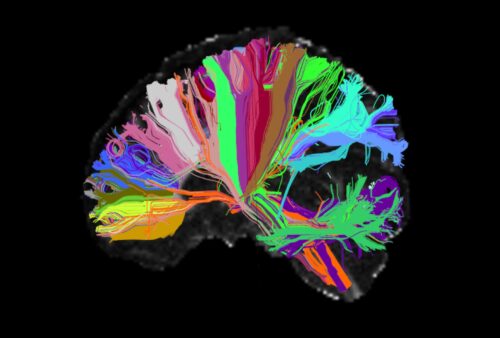We also have not had any significant breakthroughs in treatment. For decades the pharmaceutical industry has churned out dozens of antidepressants and antipsychotics, but there is no evidence that they are more effective than the drugs that emerged between 1950 and 1990. People with serious mental illness today are more likely to be homeless or die prematurely than at any point in the last 150 years, with lifespans that are 10 to 20 years less than the general population. Biological research has also failed to reveal why psychiatric drugs help some patients but not others. When a patient asks me how an antidepressant works, I have to shrug my shoulders. “We just don’t know, but we do have evidence that there’s about a 30 percent chance that it will help your mood.” Perplexed, one patient responded, “Doesn’t it have to do with neurotransmitters or something?” I sighed, “Yes, that was the theory for a while, but it didn’t pan out.”
FuenteNoticia
La enfermedad mental no está en la cabeza / Complejidad en los avances de la Biologia
Lun 05 Diciembre 2022
